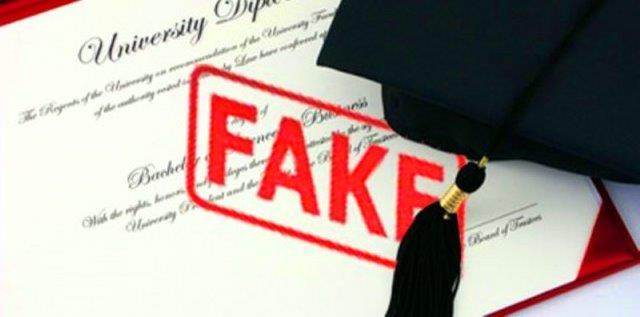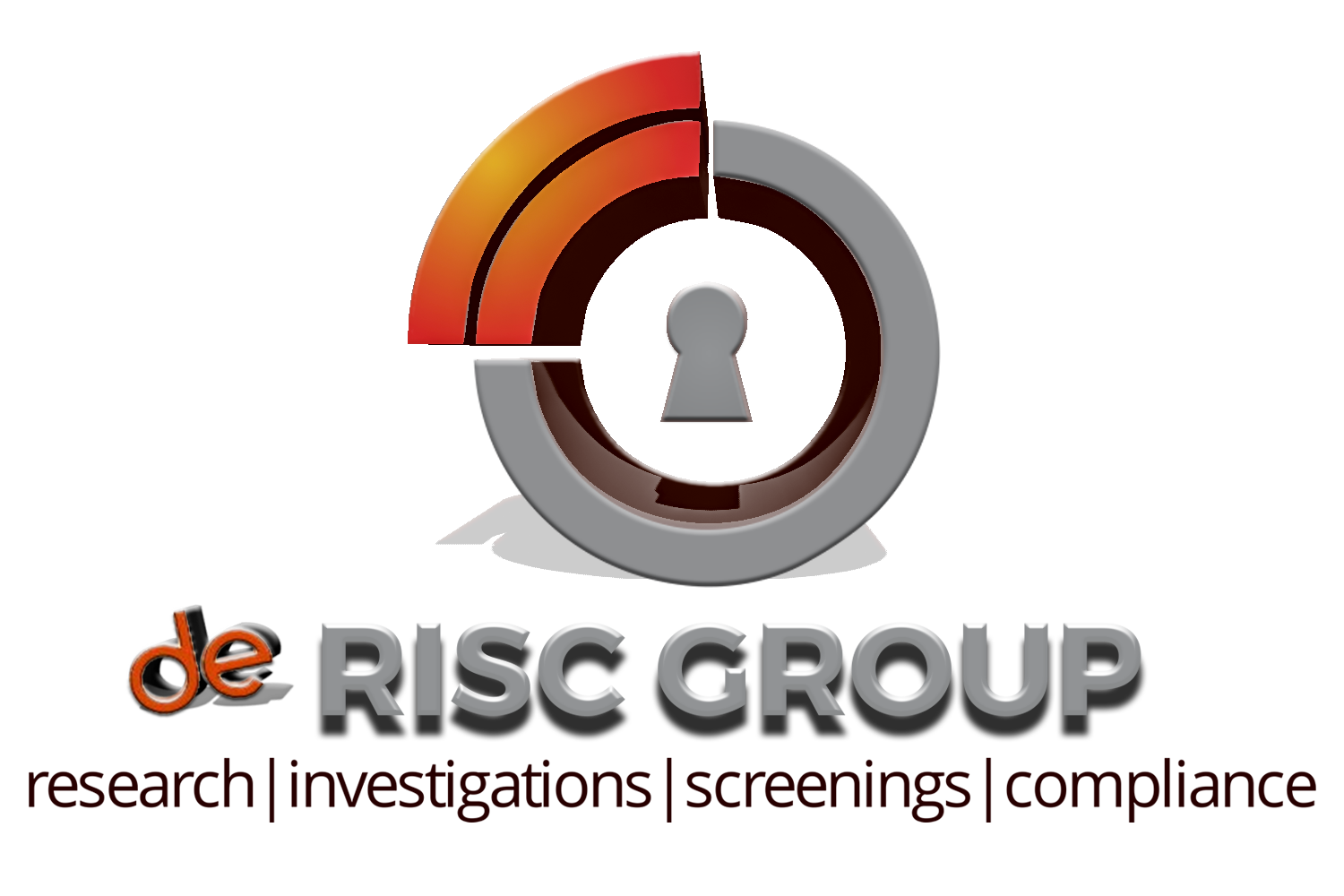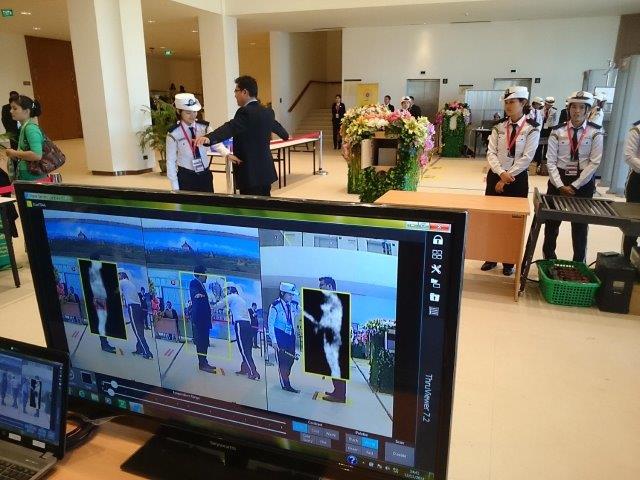
Fraud represents a grave risk in any society where it grabs hold, specifically when it comes to academic credentials. The misrepresentation of Educational documents is particularly devastating, in view of the fact that academics are intended to reflect entrusted with leading society toward evolution, headway and advancement in all walks of life. We are confronted with a malfeasance that tear down the present and the future, sabotaging all implications of competency, steadiness, legitimacy and reasonable rivalry. Dozens of cases of counterfeit and scam academic degrees, covering a wide scope of specializations, have been found globally. A large chunk of forged degrees belonged to high rank official authorities, and those others who are in positions of power. This affirms that we are confronting a flourish situation, and it demand a serious stance from the authorities concerned before it turns into a malicious disease.
CATEGORIES OF FORGED DOCUMENT
I. Degree or Diploma Mills
This sort of mills generate and sell bogus qualification certificates to clients who have not undergone the claimed studies.
II. Fabricated or Counterfeit Documents
These are forged documents depiction to represent legitimate fictitious programs and institutions.
III. Modified Documents
These includes alterations in original documents for instance, variation involves in the form of name of candidate, enrollment and graduation dates, grades, course content and date of birth.
IV. Produced in-house
These are forged documents assembled by institutional internal employees. They can either be reconstruct or fabricated but appears to be authentic paper authorized with institutional seals, stamps and appropriate signatures. Grades are mostly inflated, credits hours alter and degree awarded for uncompleted program.
Numerous nations still lack a culture in which verification is led as a matter of course to build up employment credentials. In recent era of business environment, forged practices and manipulating the trust of others is so usual that people do it habitually and with boldness. Unfortunately, not even employment process safe from this crime, as some potential applicants will present forge and counterfeit background certificates and attempt to gain an advantage in the hiring process. Illiterate, unskillful and incompetent candidates rely on forged degrees and fake employment certificates to get employed into the positions for which they are inadequate.
DE RISC Group’s specialists have seen innumerable frequencies in which degrees were found to be bogus including cases for which a representative utilizing counterfeit accreditations had been at their position of work for more than a decade. Shedding light on such serious issue, DE RISC Group would like to highlight one such case in which our investigators explored immense number of candidates who lay out a Bachelor's degree in Computer Science to one of our client which was duly processed by our operations team for authentication and surprisingly it uncovered to be a bogus degrees by one of the renewed institutions of Pakistan. We condemn such deceitful practices, and we try to make businesses mindful of the significance of background screening and its vital role in the recruitment cycle. As paradigm shift from "Trust all Employees" to "Trust yet verify," so that in this time of rivalry the deserving applicant for a particular job gets the fair chance to hold the position that deserves and to thrive, associations must wipe out dangerous recruiting practices and take measures to know about such endeavors.
Purpose of Study
The intend of this case is to enlighten the significance of background screening. Employment deception is one of the most expensive liabilities that firms faced in the present era. As recruitment cycle demands a massive investment of time and resources and to overcome any red flag, it’s necessary to do screening before hiring. Subsequently this will reveal any caution that affect firm reputation, brand name, and company’s bottom line.
Proposed Solution
The proposed solution will be collaborating with employment verification firm as these firms have techniques, extensive research methodologies and tracking networks, to detect fraud. This is explicitly crucial as counterfeiters continuously upgrade their mediums to run away from detection.
Recommendations
To scrutinize candidate before hiring following recommendations should be followed that includes:
- Professional license verification
- Previous employment and reference check
- Credit checks
- Education history check
- Country civil history check
- Social security validation




